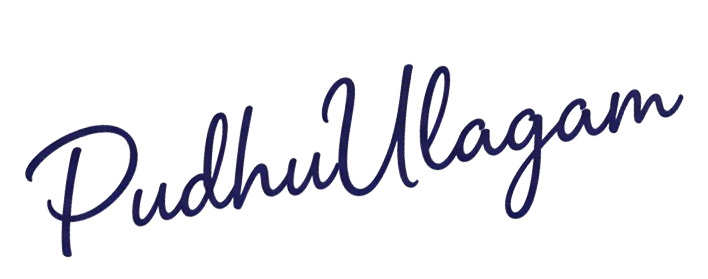Omar M. Yaghi — Trailblazer in Reticular Chemistry & Nobel Honoree
Early Life & Education
Omar Mwannes Yaghi was born on 9 February 1965 in Amman, Jordan, into a Palestinian refugee family. (Wikipedia) He grew up under modest circumstances, with limited access to utilities, and later emigrated to the United States at age 15 to pursue education. (Wikipedia)
He first studied at Hudson Valley Community College, before earning his BSc in Chemistry from University of Albany (SUNY) in 1985. (Wikipedia) He then obtained his PhD from University of Illinois at Urbana-Champaign (1990) under Walter G. Klemperer. (Wikipedia)
Post-PhD, he completed a postdoctoral fellowship at Harvard (1990–1992) under Richard H. Holm. (Wikipedia)

Academic Career & Positions
Yaghi’s academic trajectory spans several major institutions:
- Assistant Professor at Arizona State University (1992–1998) (Wikipedia)
- Professor at University of Michigan (1999–2006) (Omar Yaghi’s Laboratory)
- Faculty at UCLA (2007–2012) (Wikipedia)
- Since 2012, James & Neeltje Tretter Chair Professor of Chemistry at UC Berkeley (College of Chemistry)

He is also affiliate scientist at Lawrence Berkeley National Laboratory, and holds leadership roles in collaborative institutes like the Berkeley Global Science Institute and Kavli Energy NanoSciences Institute. (Omar Yaghi’s Laboratory)
In June 2025, the University of California Regents named him a University Professor — a rare and prestigious rank open to only a few outstanding scholars across all UC campuses. (College of Chemistry)

Research Focus: Reticular Chemistry & Framework Materials
Yaghi is best known for founding reticular chemistry, the discipline of designing molecular building blocks and stitching them into robust, crystalline frameworks via strong bonds. (Wikipedia)
His signature materials include:
- Metal-Organic Frameworks (MOFs)
- Covalent Organic Frameworks (COFs)
- Zeolitic Imidazolate Frameworks (ZIFs) (Wikipedia)
These frameworks are ultra-porous and have immense surface areas, making them ideal for:
- Gas storage (hydrogen, methane)
- Carbon capture and sequestration
- Catalysis
- Water harvesting from air / atmospheric water capture (Fondazione Internazionale Premio Balzan)
His group’s work spans from fundamental materials chemistry to scalable applications toward clean energy and environmental solutions. (Omar Yaghi’s Laboratory)

Major Awards & Recognition
Omar Yaghi’s contributions have been honored widely. Key awards and recognitions include:
- 2025 Nobel Prize in Chemistry, shared with Susumu Kitagawa and Richard Robson, for development of MOFs / reticular chemistry (Wikipedia)
- Wolf Prize in Chemistry (2018) (Wikipedia)
- Balzan Prize (2024) for nanoporous materials (Fondazione Internazionale Premio Balzan)
- VinFuture Prize for scientific advancement (VinFuture Prize)
- Solvay Prize (Science for the Future – climate & materials) (College of Chemistry)
- IUPAC-Soong Prize 2025 for sustainable chemistry
Beyond awards, he served as the 7th President of the World Cultural Council in 2025. (Wikipedia)
Recent Highlights & Legacy
- In 2025, Yaghi’s elevation to University Professor at UC places him among the most distinguished academics in the UC system. (College of Chemistry)
- He is actively pushing forward AI-driven materials discovery, bridging data science and chemistry for accelerated climate solutions. (Omar Yaghi’s Laboratory)
- His startup Atoco is working to commercialize MOF/COF applications in carbon capture and water harvesting. (Atoco)
- His influence goes beyond labs — his story, from refugee beginnings to Nobel laureate, is broadly inspiring for scientists and students worldwide.




